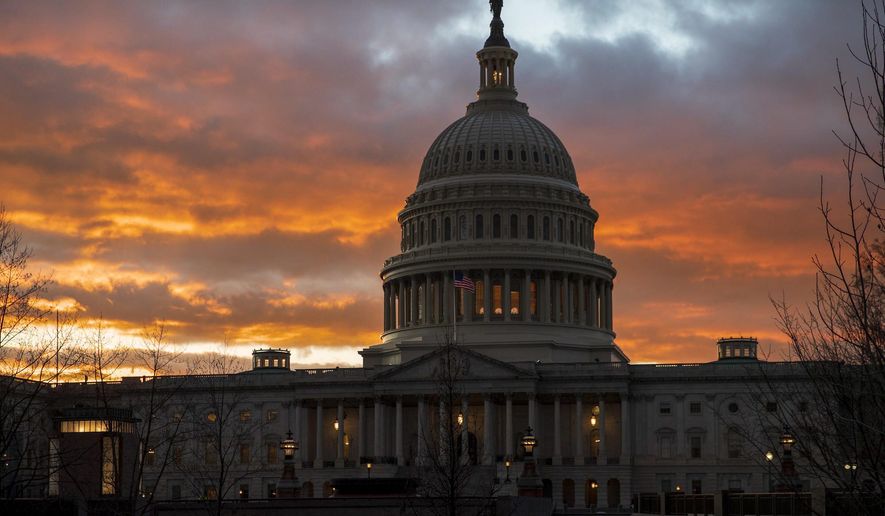OPINION:
As Democrats and Republicans prepare for a fight over whether the federal government should print even more money to bail out states running short of cash because of the coronavirus shutdown, some governors see an opportunity to blame the pandemic for long-standing financial problems.
Chief among these is Illinois, which has hovered on the verge of bankruptcy for years, cannot pay its bills and has the highest tax burden of any state. While not fighting prosecutors to stay out of jail, Illinois leaders have been trying to figure out how taxpayers from the rest of the country can be persuaded to pick up the tab for their own profligacy. For some years the Illinois state budget even included a hopeful footnote suggesting that eventually the Feds would bail out the state’s broken public pension system.
When the question of whether Congress should allow a state in as much financial trouble as Illinois to declare bankruptcy was broached in 2017, Illinois taxpayers were on the hook for about $27,000 each as their share of the state’s debt. Since then taxes have gone up and Illinois residents have been fleeing the state in record numbers. Today, the individual share of the debt is $56,200, state bonds have a near junk rating, and the share of state revenues going to pay lavish public employee pensions is squeezing out funds needed to maintain roads and keep Illinois schools running. Last year, 60 percent of state residents told pollsters they have considered leaving.
Hoping that the coronavirus may finally open the door to a bailout, Illinois Senate President Don Harmon has asked Congress for $44.2 billion, the first $33.6 billion of which would go directly into the state’s coffers and exceed Illinois’ total expected tax revenue in a normal year. This fix has nothing to do with the pandemic, has been decades in the making and anyone who has looked at what he and his buddies are up to know they are simply trying to use the current crisis to save them from the mess they’ve made of things. It shouldn’t happen.
Sen. Tom Cotton, Arkansas Republican, warned last week that Illinois Sen. Richard Durbin and others are working “behind closed doors demanding straight cash bailouts for states and cities that have been fiscally irresponsible for years,” and Senate Majority Leader Mitch McConnell told an interviewer that he would prefer allowing states to “use the bankruptcy route.” “My guess,” he continued, “is their first choice would be for the federal government to borrow from future generations to send it down to them … That’s not something I’m going to be in favor of.”
Mr. McConnell didn’t name Illinois, but it wasn’t necessary. His colleagues know that Illinois politicians have consistently refused to face the problems that have effectively bankrupted their state, in the hope that the federal government will eventually step in and bail them out; perhaps on the theory that Illinois is “too big to fail.”
It isn’t. Illinois politicians have made no plans to help them through any crisis. Most states have what are called “rainy day” funds squirrelled away to see them through hard times. Illinois doesn’t even bother. The state’s residents have known for some years that the end is coming. That’s why so many have already fled and why so many more want out. Reforming the out-of-control pension system and reigning in other state spending is not even under discussion. Illinois politicians have taxed their residents to their limit with no thought of cutting back on spending and now want the rest of us to give them the cash they need to fund their spending addiction.
Congress shouldn’t become Illinois’ enabler lest other states like New York, New Jersey and California decide that they no longer have to deal with their own spending addiction. Illinois politicians have no intention of putting their own house in order and should be ashamed of trying to elicit public sympathy by fraudulently blaming their woes on the coronavirus.




Please read our comment policy before commenting.